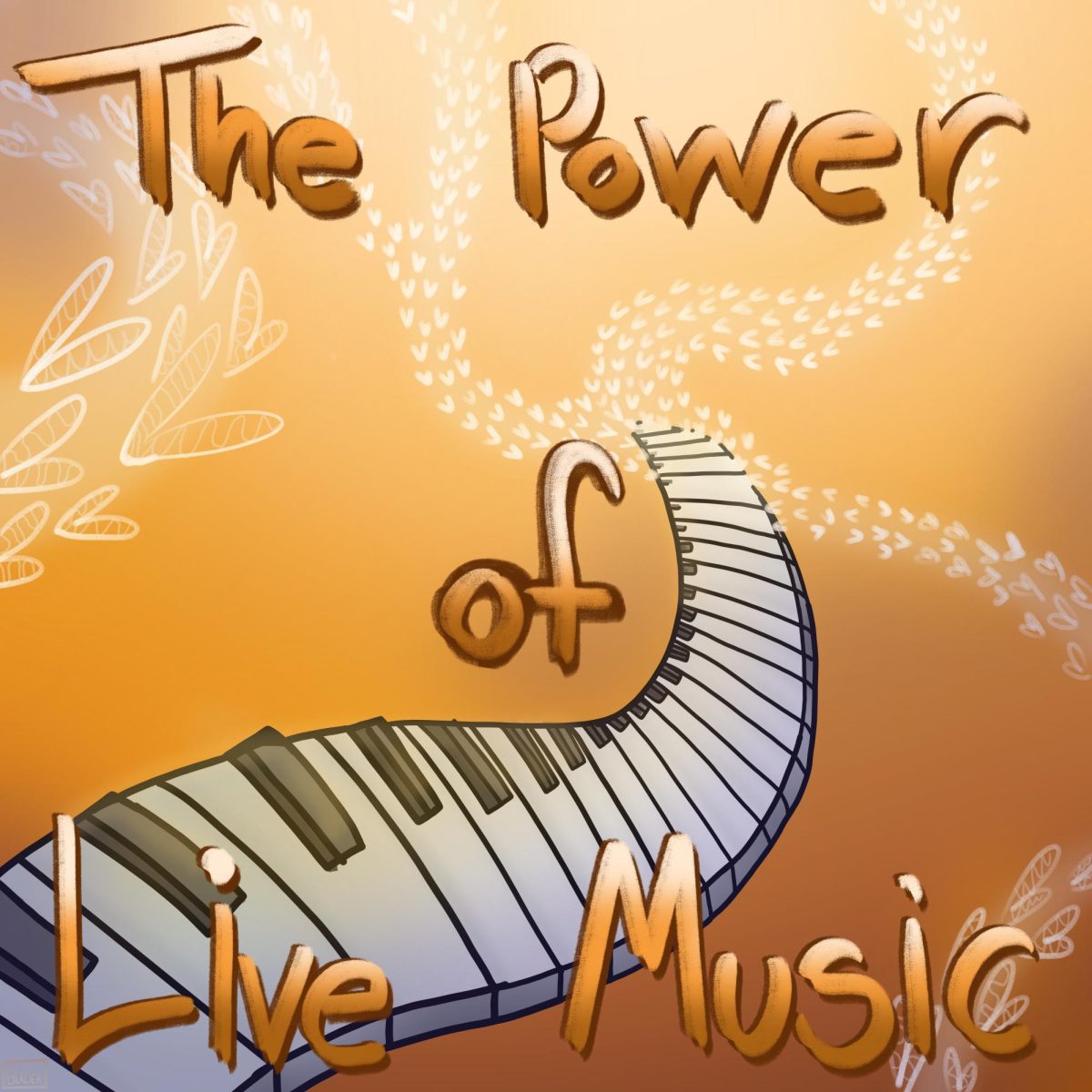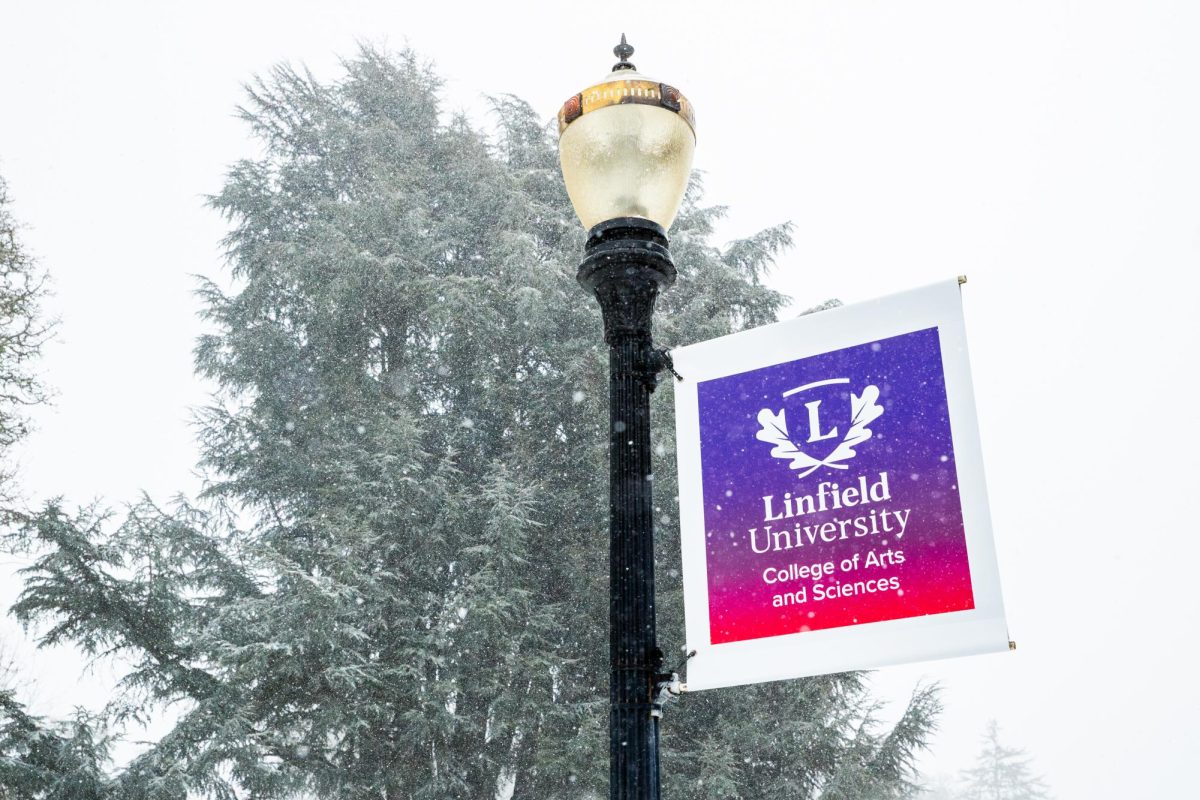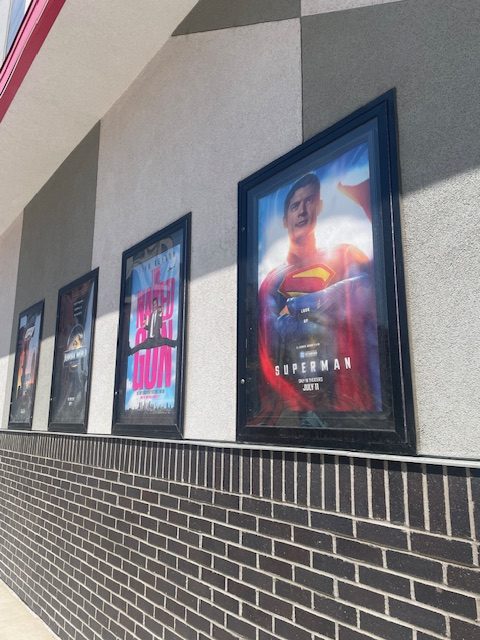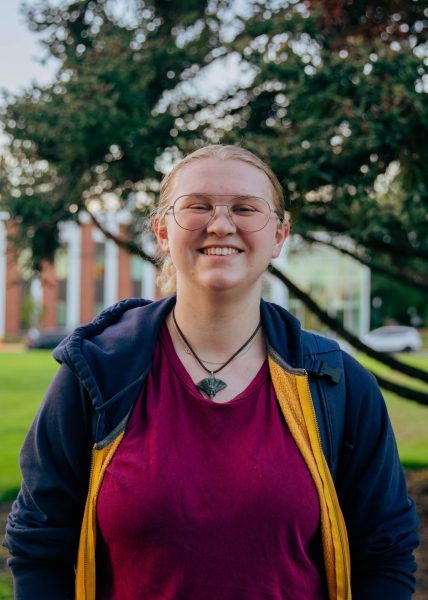The “Reflections” piano concert performed by María García, on Sept. 12, was incredibly powerful. According to her, the program was put together to represent a journey through life and the reflections that come with age. She also intended to inspire up-and-coming composers with a variety of music, a goal that was more than accomplished. The music she performed at this event was all written by women, with García stating the importance of “championing works from female composers.”
Her visit to Linfield University was centered around the Lacroute Composer Readings & Chamber Music Mentorship Program, which allows young composition majors to work with professional performers to bridge the gap between the composition of music and its performance. García was at Linfield the first week of September working hands-on with students for this very program.
The concert began with “Sandglass” by Andrea Casarrubios, a very flowing and dynamic piece meant to introduce the listener to the “journey through life” theme.
The second piece, “Not All Who Wander Are Lost” by Kirsten Volness is an homage to “The Hobbit”, and in this program, García says that it represents the very beginning of life, where one’s world is filled with “imagination, play and beauty.” It uses a light and whimsical style to invoke a sense of carefree curiosity in the listener.
Thirdly, “Techno Etudes II” by Karen Tanaka consists of three movements that are reminiscent of carefree abandon and the experimentation of adolescents. On her website, which García read aloud before playing the piece, Tanaka says that these etudes are inspired by hip-hop, trap, and BTS music, and have a groovy and psychedelic feel. The second movement had a suspenseful and uncertain sound, accurately reflecting all facets of youth.
The fourth piece, which was the favorite of many listeners, was “Fissure” by Lisa Neher, featuring poetry by Trevor K. Allred. The main theme of this piece was the feeling of home, a reflection that García says comes with age and change. Multiple concertgoers said that the first line of poetry, “even friends move on,” gave them chills or even tears.
The next piece, “Wildfires Suite,” is centered around climate change, something many have been reflecting on in recent years. It contains three movements about the shock of climate change, the power of fire and nature and the aftermath of disaster. Musically, the style of the piece goes from striking and powerful to soft and melancholy.
The penultimate piece, “The Peculiar Purple Pie-Man of Porcupine Peak” by Angélica Negrón, is arguably the most thematically layered piece in the program. The composer, like García, is from Puerto Rico, therefore the two of them share the same sense of home. Negrón wrote the piece after the traumatic loss of multiple family members when she was a child and named the piece after an alarm clock she’d owned, which was themed after the TV show “Strawberry Shortcake,” where the pie-man is a villain.
The final piece, “Son a Papá,” is also by a Puerto Rican composer, Johanny Navarro. It is named after a style of dance, and written for, as García says, “(Navarro’s) favorite musician, her father.” It is very rhythmic, dancelike and emotional, serving as something of a break from the somber tone of the earlier music. Like a chord resolving, it allows the audience to breathe once more.
It was an incredibly moving performance. There was texture and variety in every piece. García’s descriptions of what the music meant to her allowed attendees to be properly engrossed in the program and to reflect, as was intended. The music filled the small performance hall to the brim, and her use of devices like poetry, electronic effects and percussive uses of the piano, such as plucking the strings and drumming on the surface made it no ordinary concert.








